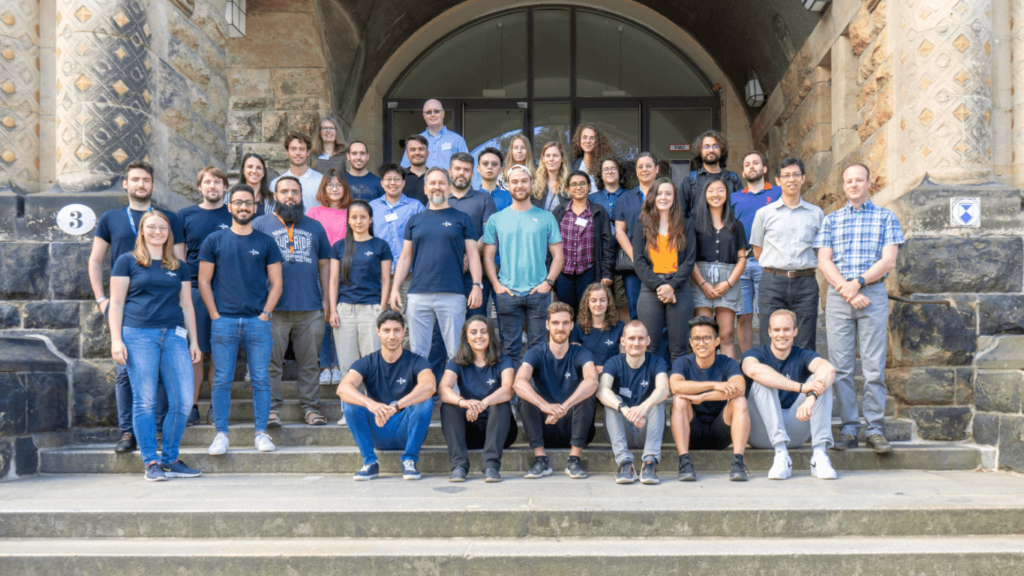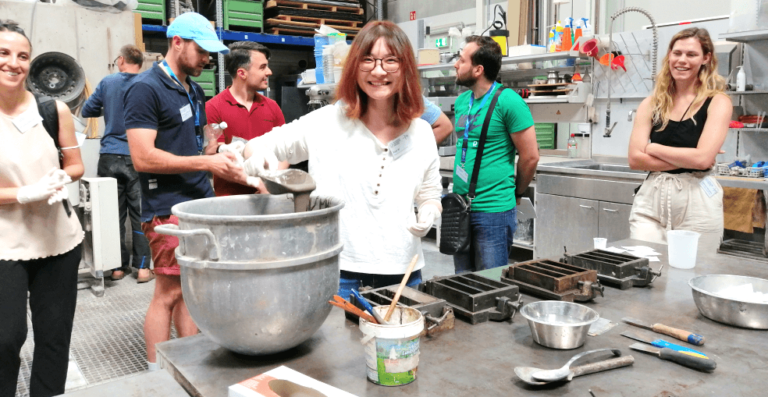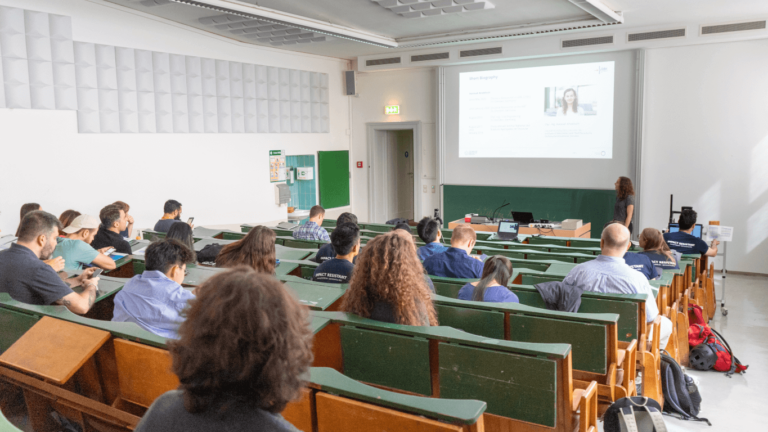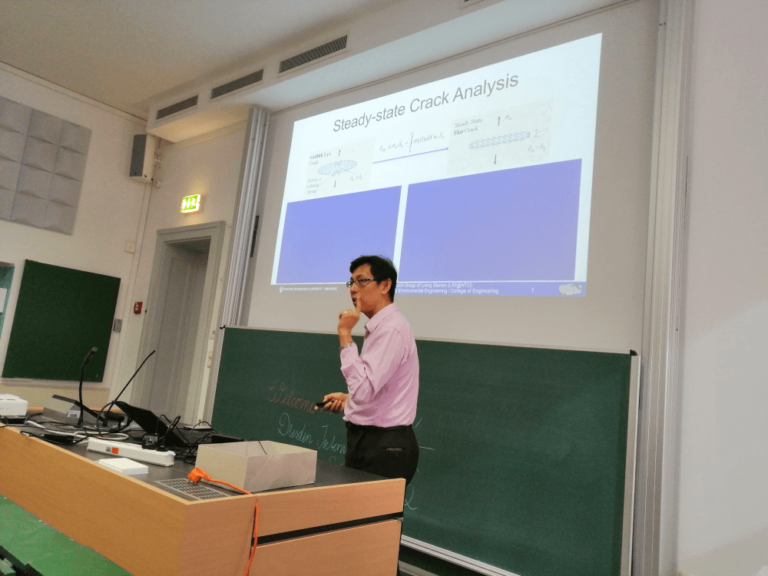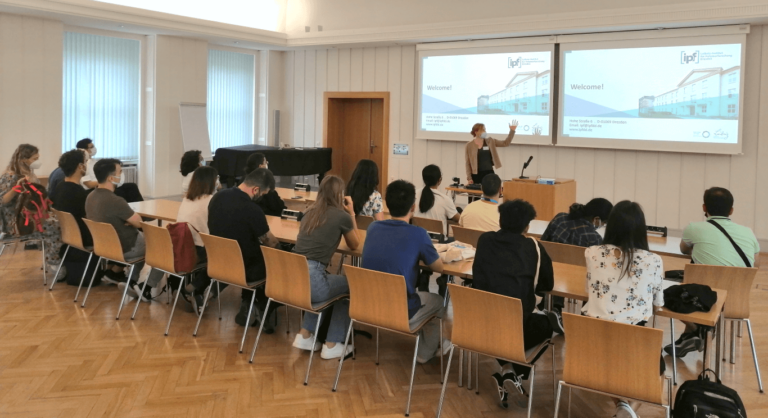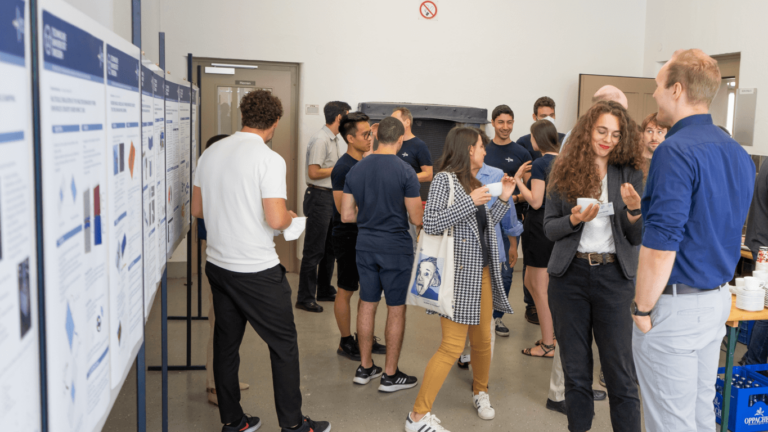- Home
- Vision
- Research
research
Projects
Experimental:
material developmentNumerical
simulationExperimental:
structural assessmentData driven and
cross-disciplinaryresearch
Projects
Experimental:
material developmentexperimental
structural assessmentNumerical
simulationData driven and
cross-disciplinary - Teams & LocationsTeams/Locations
locations
- Events

Mineral-bonded composites
for enhanced structural impact safety

Mineral-bonded composites
for enhanced structural impact safety
Mineral-bonded composites
for enhanced structural
impact safety
- Home
- Vision
- Research
- Projects Overview
- Dissemination
- Publications
- Material Development
- A1 Development and evaluation of 3D reinforcing structures for structural strengthening against impact loading
- A2 Strain-rate dependent composite behavior of fiber reinforcement in mineral-based matrices
- A3 Development and characterization of hybrid-fiber reinforced composites for structural strengthening against impact loading
- A4 Experimental characterization of the mechanical behavior of anisotropic and strain-hardening composites under impact loading
- A1/II Gradient 3D-reinforcing structures with integrated in-situ sensors
- A2/II Fiber and interphase modification for energy adsorption at high strain rates
- A3/II Sustainable mineral-bonded composites for structural impact safety – material design and application technology
- A4/II Characterization of the shear resistance of mineral bonded composites under impact loading
- Numerical Simulation
- A5 Strengthening of plane RC elements against impact on the impact-far side
- A6 Strengthening of plane RC elements against impact on the impacted side
- A5/II Strengthening on the rear side of flat stirrup reinforced solid construction elements against impact
- A6/II Characterization of mineral-bonded materials for damping layers for impact strengthening of flat solid construction elements
- Structural Assessment
- B1/I Multi-scale simulation of the anisotropic damping properties of fiber-reinforced concrete under impact loading
- B2/I Modelling fiber-matrix bond and mineral-bonded composites under impact loading
- B3/I Modeling textile reinforced components
- B4/I Simulation of the failure of reinforced concrete structures under impact
- B1/II Multiscale simulation of the fracture behaviour of fiber-reinforced concrete under impact load
- B3/II Mesomechanical modelling of hybrid reinforced concrete structures at impact loading
- B4/II Failure simulation of structures at impact loading strengthened by mineral-bonded composite layers
- Data Driven & Cross Disciplinary
- C1/I 3D measurement techniques of fracture processes
- C2/I Analysis and assessment of the sustainability and resilience of reinforcement methods with new composites
- C1/II Model-based photogrammetric 3D measurements in highly dynamic processes
- C2/II Analysis and evaluation of the sustainability and resilience of reinforcement measures with novel mineral-bonded composites
- C3/II AI methods for the sustainable, synergetic use of the investigation results of GRK 2250 for the design and optimization of impact protection systems
- Teams & Locations
- Events
